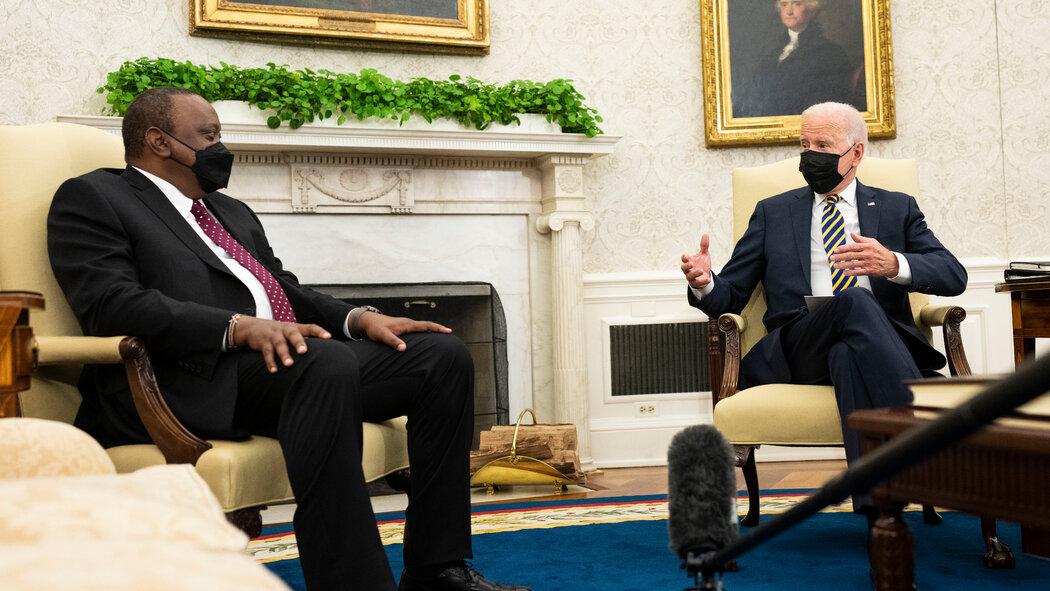Tanzanian author Abdulrazak Gurnah has won the 2021 Nobel Prize in literature, the award-giving body said.
The prestigious prize was awarded by the Swedish Academy, which cited Gurnah’s “uncompromising and compassionate penetration of the effects of colonialism and the fate of the refugee in the gulf between cultures and continents”.
Born in Zanzibar and based in England, Gurnah recently retired as a professor of postcolonial literature at the University of Kent.
He has published ten novels and several short stories. He is best known for his 1994 novel “Paradise”, set in colonial East Africa during World War I, which was shortlisted for the Booker Prize for Fiction.
Gurnah got the call from the Swedish Academy in the kitchen of his home in southeast England.
“I think it’s just brilliant and wonderful,” Gurnah told Reuters news agency when asked how he felt to win the prize. “It’s just great – it’s just a big prize, and such a huge list of wonderful writers – I am still taking it in,” he said.
“It was such a complete surprise that I had to wait until I heard it announced before I could believe it.”
Anders Olsson, chairman of the Nobel Committee for Literature, called him “one of the world’s most prominent post-colonial writers”.
The prestigious award comes with a gold medal and 10 million Swedish kronor ($1.14m).
Gurnah would have normally received the Nobel from King Carl XVI Gustaf at a formal ceremony in Stockholm on December 10, the anniversary of the 1896 death of scientist Alfred Nobel. He created the prizes in his last will.
But the in-person ceremony has been cancelled for the second straight year due to the pandemic and replaced with a televised ceremony showing the laureates receiving their awards in their home countries.
Of the 118 literature laureates since the first Nobel was awarded in 1901, 95 – or more than 80 percent – have been Europeans or North Americans.
Last year’s prize went to American poet Louise Gluck for what the judges described as her “unmistakable poetic voice that with austere beauty makes individual existence universal”.
Gluck was a popular choice after several years of controversy. In 2018, the award was postponed after sex abuse allegations rocked the Swedish Academy, the secretive body that chooses the winners.
The awarding of the 2019 prize to Austrian writer Peter Handke caused protests because of his strong support for the Serbs during the 1990s Balkan wars.


